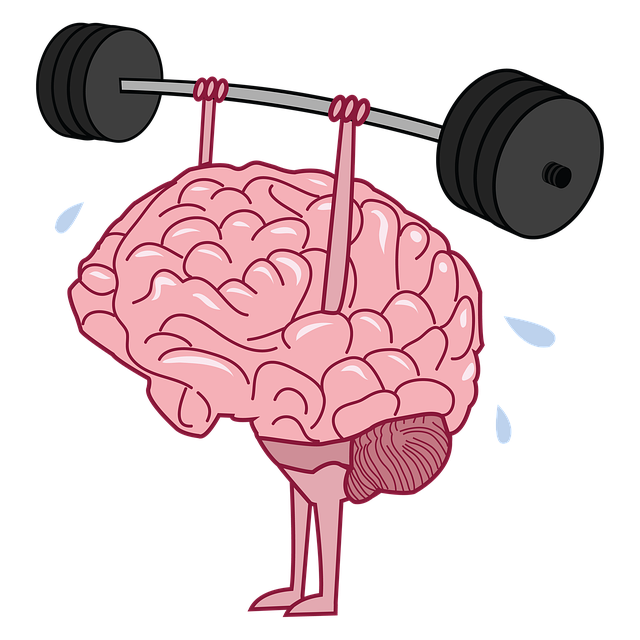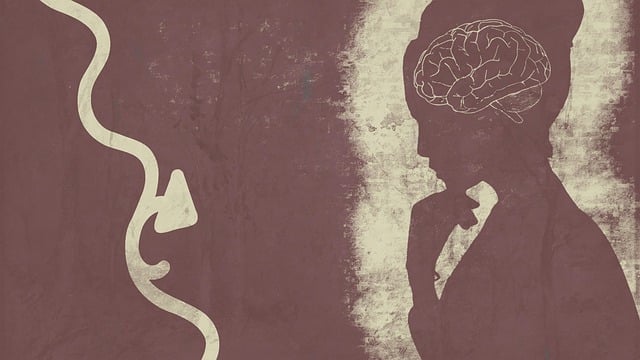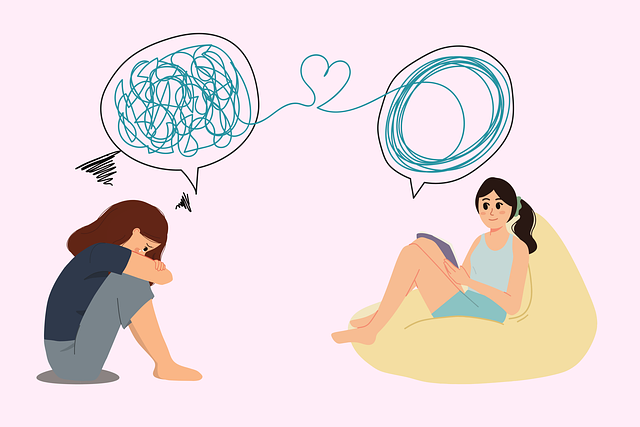Stress in young children is primarily driven by interpersonal factors and various triggers, with parental relationships crucial for emotional resilience. Common stressors include routine changes, social dynamics, and academic demands. Early intervention through targeted therapy, such as play therapy, is key to mitigating long-term effects. Play therapy techniques like storytelling and art help kids express emotions and develop healthy coping strategies. Mental health policy advocacy ensures access to resources, empowering caregivers to support their children's mental well-being. Incorporating therapy into daily routines identifies interpersonal issues early, fostering resilience through open communication and empathy-building strategies.
Stress reduction is a vital aspect of mental well-being, especially for young children navigating interpersonal issues and common stressors. This comprehensive guide explores effective therapeutic approaches and innovative techniques to address childhood stress. From understanding the root causes through interpersonal factors to implementing play therapy and creative coping strategies, we provide valuable insights for parents and caregivers. By delving into these methods, you’ll gain practical tools to foster resilience and support your child’s mental health journey.
- Understanding Stress in Young Children: Interpersonal Factors and Common Triggers
- Therapeutic Approaches for Addressing Stress in Childhood
- The Role of Play Therapy and Creative Techniques in Stress Reduction
- Building Resilient Coping Strategies: A Parent's Guide to Supporting Their Child's Mental Well-being
Understanding Stress in Young Children: Interpersonal Factors and Common Triggers

Stress in young children often stems from interpersonal factors and various triggers that can significantly impact their emotional well-being. Interpersonal relationships play a crucial role in shaping a child’s stress response, with attachment figures like parents or caregivers being primary sources of comfort and security. Disruptions in these relationships, such as parental conflict or absence, can lead to increased anxiety and stress in children. Moreover, young kids may struggle to express their emotions verbally, causing them to externalize stress through behaviors like aggression or withdrawal.
Common triggers for stress in this age group include changes in routine, separation from caregivers, social interactions, and academic demands. Understanding these triggers is essential for implementing effective therapy for young children. Techniques like mindfulness meditation have shown promise in promoting emotional well-being by teaching kids to recognize and manage their responses to stressful situations. Mental health policy analysis and advocacy are also vital, ensuring that resources and support systems are accessible to young individuals facing interpersonal challenges.
Therapeutic Approaches for Addressing Stress in Childhood

Stress in childhood can have lasting impacts on mental health later in life, making early intervention crucial. Therapeutic approaches tailored for young children focus on addressing interpersonal issues that contribute to stress and anxiety. Play therapy, for instance, utilizes a child’s natural tendency to express themselves through play to help them process emotions and navigate social interactions. This method is particularly effective as it creates a safe space for children to communicate their feelings without the pressure of traditional conversation.
Mental health policy analysis and advocacy play a significant role in ensuring access to these therapeutic interventions. Initiatives that promote mental wellness coaching programs and develop guidance for parents on journaling exercises can empower caregivers to support their children’s mental health at home. By integrating such practices into early education, communities can foster resilient individuals equipped to manage stress throughout their lives.
The Role of Play Therapy and Creative Techniques in Stress Reduction

Play therapy offers a unique and effective approach to stress reduction, especially tailored for young children grappling with interpersonal issues. Through creative techniques like storytelling, art, and games, play therapists help kids express their emotions in a safe and fun environment. This method allows them to process traumatic experiences, resolve conflicts, and develop healthy coping mechanisms. By engaging in imaginative play, children can transform their stress into manageable parts, fostering better mood management skills.
Creative techniques play a pivotal role in enhancing therapy sessions. Art therapy, for instance, enables children to visualize and externalize their feelings, making it easier to identify and manage stressors. These therapeutic tools are particularly beneficial in trauma support services, where they aid in the risk assessment and treatment planning for mental health professionals. By incorporating play and creativity, therapists can create a nurturing atmosphere, promoting open communication and building trust between young clients and professionals.
Building Resilient Coping Strategies: A Parent's Guide to Supporting Their Child's Mental Well-being

Raising a child involves numerous challenges, and navigating their mental well-being is no exception. Building resilient coping strategies early on can significantly contribute to a child’s ability to manage stress and adversity as they grow older. Parents play a pivotal role in fostering healthy habits that promote emotional resilience.
One effective approach is incorporating therapy for young children into their routine. Professional guidance can help identify and address interpersonal issues that may impact a child’s mental health. By encouraging open communication, parents can teach their kids valuable empathy-building strategies to navigate relationships and emotions effectively. Additionally, prioritizing burnout prevention techniques, such as structured playtime and downtime, can be life-saving. These practices aim to shield children from the early signs of depression prevention while nurturing their overall well-being.
In addressing stress reduction methods for young children, understanding interpersonal factors and common triggers is paramount. Therapeutic approaches, such as play therapy and creative techniques, offer effective avenues for managing childhood stress. By equipping parents with strategies to build resilience and support their child’s mental well-being, we can foster healthier, more adaptive coping mechanisms. These holistic approaches aim to enhance children’s ability to navigate interpersonal issues, ensuring they grow into resilient individuals capable of thriving in various environments.











